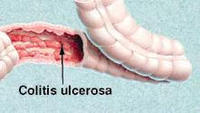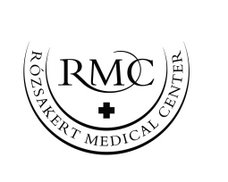Press Release
For immediate release
IAPO calls for global commitment from World Health Organization (WHO) member states to listen to the voice of the patient in efforts to tackle noncommunicable diseases
Geneva, Switzerland, 21 May 2010 – The International Alliance of Patients’ Organizations (IAPO) has urged WHO member states to make a meaningful commitment to the involvement of patients in the prevention and control of noncommunicable diseases (NCDs) or risk damaging prospects for growth in their countries. This request was a key message at a side event to the World Health Organization (WHO) World Health Assembly entitled, ‘Noncommunicable Diseases and the Development Agenda: The Voice of the Patient’.
The increase in and prevalence of NCDs represents a global health crisis. NCDs cause 60% of all deaths worldwide, with 80% occurring in low and middle income countries, devastating families and communities. NCDs affect all parts of society from children to the elderly often holding them back from achieving their potential or fulfilling essential roles in their communities. The prevention and control of NCDs is critical to improving the life chances of people in every corner of the globe.
During the meeting, patients and family members shared how diseases including diabetes and cancer have affected their lives and led them to advocate for patients. Participants shared that, in many cases, NCDs can be tackled with simple, cost effective solutions which can be implemented in low-income countries. Often these solutions are developed in partnership with those directly affected by the disease themselves: the patients. Involving communities in the decisions that affect them is not a luxury but is essential to enable effective, relevant treatment and care which meets the practical needs of patients to be developed and delivered.
Patient involvement and patient-centred healthcare, therefore, must be at the heart of all health systems, recognising the interdependency and responsibility of all stakeholders to work together. This involvement is clearly asserted in Principle IV of the WHO Alma Ata Declaration which though developed more than 30 years ago in 1978 is still relevant, and even more essential to tackle NCDs. Principle IV states that “The people have the right and duty to participate individually and collectively in the planning and implementation of their healthcare.”
Hussain Jafri, IAPO Chair and Secretary General Alzheimer’s’ Pakistan highlighted the need for urgent action. “The NCD crisis has the potential to roll back the progress made towards the Millennium Development Goals and requires resources and political commitment immediately. In order to achieve success and make real progress, patients must be involved in the design of the solutions to the problems that we all face. People must be in a position of leadership in their own care and there needs to be a much stronger role for individuals and communities in all aspects of healthcare design and delivery. ”
******

















